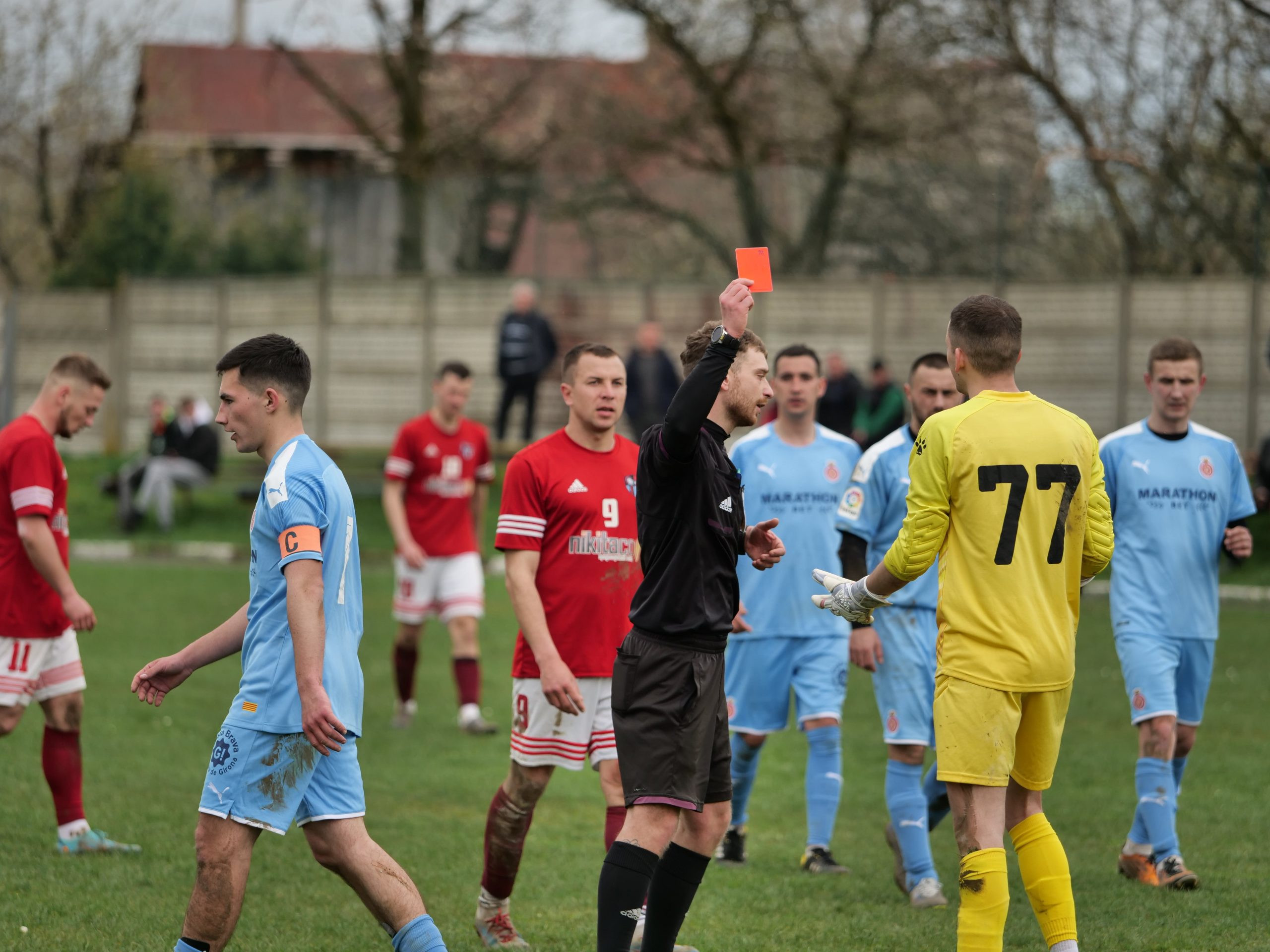The Senior British League is in full swing again and this brought to mind a pre-covid article about the relationship between officials and players.
The one golden rule about being a match official, is that it should never be about you.
You cannot have a tournament without a referee. Umpires, on the other hand, are optional, and without them players from each team take turns officiating matches. This can be problematic.
Most players are not qualified umpires and they are not normally required to understand the minutiae of the rules, particularly the rules governing the serve. The vast majority of players are honest and deliberate infractions of the rules are rare. But there are those players who are determined to bend or even break the rules and an even smaller minority who are downright abusive with it.
The majority of table tennis players – at all levels – are ultra-competitive within the rules. There are those who break the rules without realising it, like one competitor I met who was repeatedly hiding the ball from his opponent while serving. He had no idea that he was doing it or that it was illegal in the first place. Nevertheless, it was still an infringement and had to be dealt with.
A lot of this is down to where and when they first become aware of the problem. If it never gets brought up when they play at their clubs, or at lower level tournaments, the problem comes when they finally meet an umpire who calls fault. I have seen player’s games fall apart completely because they have never learned to serve legally and cannot change the habits of a life-time within a single match.
My advice to younger players is to correct any issue with their service action sooner rather than later. You don’t want to have to change your serve half through the most important match of your life.
Cheating or rule-breaking is only half of the issue. The other half is personal abuse. Aggressive behaviour comes from different places. It’s often simply the result of a player trying to cope with the stress of the match.
People outside of the sport tend to think of table tennis as a recreational thing. They see people playing in youth clubs or coffee shops or public parks. They would be amazed at the sheer intensity of a league match, especially given the fact that, outside of actual combat sports, no other sport brings you this close to your opponent.
However, there is also the other kind of abuse. The rare players who really have only one question for the official. Are you weak? Are you the kind of ref or umpire who can be intimidated. If they shout and rant or argue endlessly, it is only to see if it has any effect on your decision making, and if you let it have any effect then you are done. Their behaviour will only get worse because you are rewarding it.
I would be lying if I said that abuse has no effect on me. It does. My instinct when people get in my face is to push back. This would not be helpful either. Losing your cool as an official is the ultimate sin. You are there for one reason and one reason only, to see that the rules are in effect for both players throughout a match. There is no justification for an official to lose their cool, because then there would be genuine reasons to question your competence.
Punishing a player for rude behaviour would be even worse than giving in to it. If you favour a player simply to avoid the grief that they are causing then you are giving them an unfair advantage. On the other hand, if you punish them for their behaviour, you are giving in to your ego and inserting yourself into the narrative of the match. In the first case you are being a bad official, in the second you have stopped being an official at all.
Either way you are not doing your job.
A thought about inserting yourself into the narrative
I have seen this occasionally when watching football, particularly in the 90s (during the early days of the Premiership). Back then referees were becoming nationally recognised figures and some of them simply couldn’t deal with it, letting their egos run away themselves.
The worst of these was David Elleray, a north London school teacher who saw fit to award himself the title of Britain’s Senior referee.
Smug and pedantic, Elleray frequently saw no problem with inserting himself into a match’s narrative. This level of egotism leads to terrible performances. The worst of these was the 1997 FA cup semifinal between Chesterfield and Middlesbrough, where a series of terrible decisions by the ref determined, wrongly, the course of the match. To this day Chesterfield were almost certainly denied a historic trip to Wembley thanks to Elleray’s weird determination to be front and centre of the days events.
The best match officials are anonymous. The very best are the ones you have never heard of. The one who maintained that anonymity despite having to make the bigs calls amidst all the pressure that the biggest occasions can bring.
For me, the ultimate goal is total anonymity. When I am officiating a match, i would prefer it if people didn’t know that I existed.
